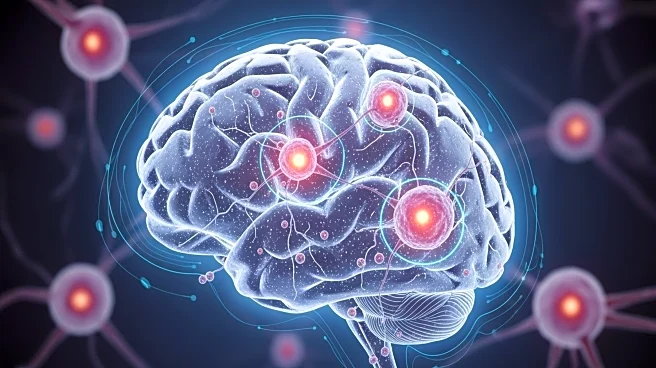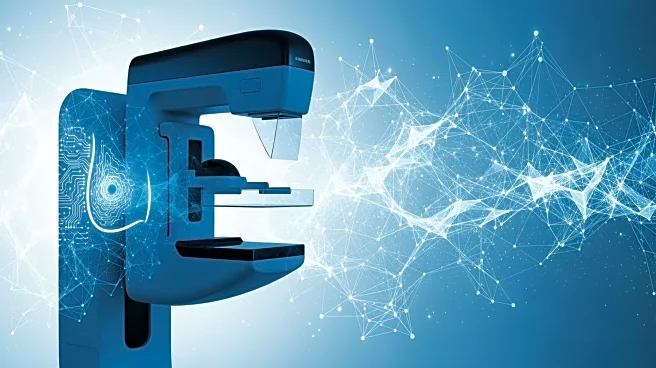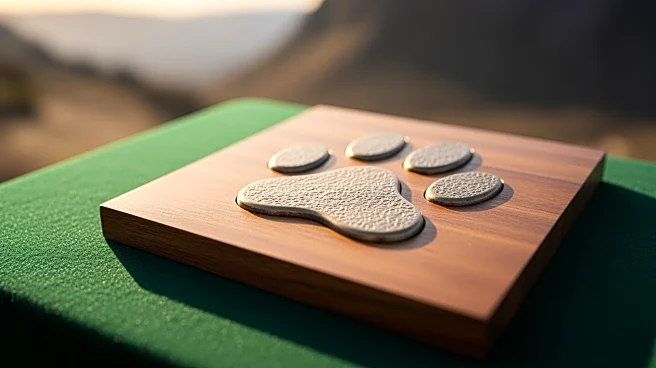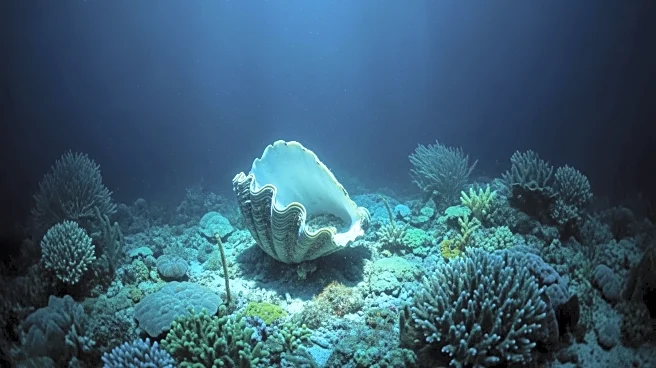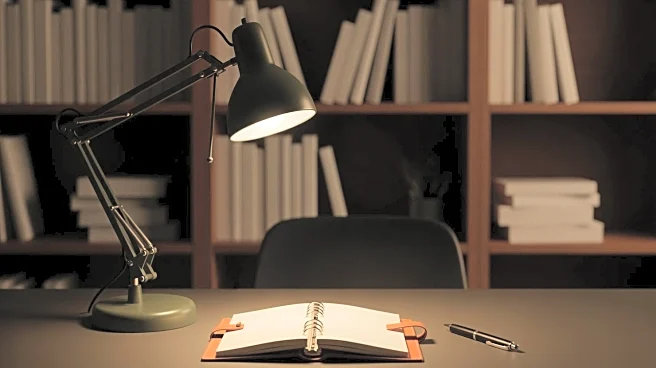What's Happening?
Recursion and Roche have unveiled a comprehensive microglia map, a product of their AI-driven drug discovery collaboration. This map, described as a 'Google Map of the Brain,' consists of 46 million images
of microglial cells and is designed to identify new targets for neurodegenerative diseases. The map allows researchers to explore the function of microglial cells, which play a crucial role in brain health and disease. The collaboration has resulted in a $30 million milestone payment to Recursion, highlighting the significance of this development in advancing neurological research.
Why It's Important?
The microglia map represents a significant advancement in the field of neuroscience, providing a powerful tool for understanding the complex biology of neurodegenerative diseases. By offering an unbiased view of microglial cell networks, the map could lead to the discovery of novel therapeutic targets for conditions such as Alzheimer's and Parkinson's disease. This development underscores the potential of AI and machine learning in revolutionizing drug discovery and accelerating the development of new treatments for neurological disorders.
What's Next?
The microglia map is expected to facilitate further research into the role of microglial cells in neurodegenerative diseases. Researchers may use this tool to identify new drug targets and develop therapies that modulate microglial function. The collaboration between Recursion and Roche is likely to continue, with plans to expand the map to include additional data and explore other areas of neuroscience.
Beyond the Headlines
The use of AI in drug discovery raises ethical considerations, particularly regarding data privacy and the potential for bias in machine learning models. As these technologies become more prevalent, it is crucial to establish guidelines for their ethical use and ensure that they are applied responsibly in scientific research.
